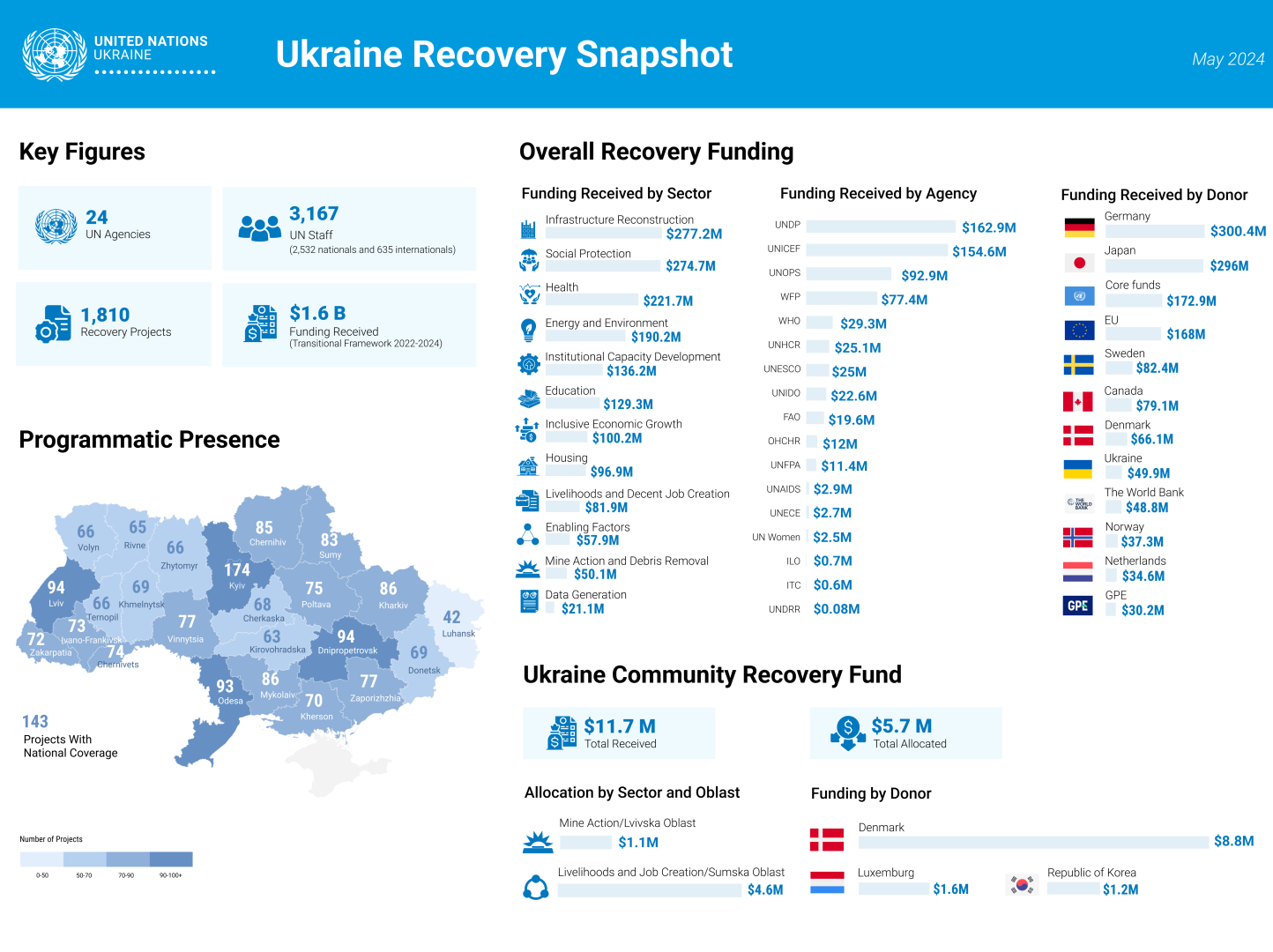Sample written crime complaint

Hate crimes are criminal acts motivated by bias or prejudice towards particular groups of people.
Read more about hate crime here.
To be considered a hate crime, the offence must meet two criteria:
- The act must constitute an offence under criminal law and cause physical, material or psychological damage (for example, threat, property damage, assault)
- The act must have been motivated by bias
Criminal Code of Ukraine has Article 161, which provides for liability for violating the equality of citizens depending on their racial, national affiliation, religious beliefs, disability and other grounds.
According to international law binding in Ukraine, such other grounds include sexual orientation and gender identity. It is important to make sure that a hate crime is qualified under Article 161 and not under Article 296 of the Criminal Code of Ukraine (hooliganism) that does not take into account bias motives.
What to do if you have been targeted by a hate crime?
- If you feel like you are in danger because of a situation which you find yourself in or you are being threatened (attack on the grounds of prejudice or other acts on the basis of hatred), try to immediately leave the area relocating to a safer place (closer to places where police could be, where CCTV cameras are or where there are people around) and ask for help from other people. This may not prevent a hate crime but at least there will be more witnesses.
- Call the police! Provide an address or describe your whereabouts as clearly as possible so that the police can find you quickly.
- If you have been assaulted physically, call an ambulance to get medical help and record sustained injuries, as well as refer to a forensic examination.
- Try to calm down and try to recall all the details of the event/attack. Every detail can be important and will help the police and your lawyer. Recall how it all started, place and time of the attack, how many perpetrators were there, how were they dressed (were they wearing any bright clothes), how did they call each other, how did they refer to you, what threats and offensive comments did they address to you, did they have any weapon, were there witnesses around.
- If you call the police, they are obliged to draw up a report on the spot and issue a police coupon. Be sure to carefully review the information included into the protocol. If the information does not match with what you have described or you consider necessary to add some information, request to rewrite or add such information. You are not obliged to sign the protocol if the information provided is incomplete or incorrect. You add a note to the protocol that the information is incorrectly stated in it, that you do not agree with it and the police refused to add/rewrite the information. Also, it is necessary to record the data of all police officers who arrived at the scene and communicate with the victim. The victim has the right to call another police patrol.
Please see the example of a properly written complaint below.





